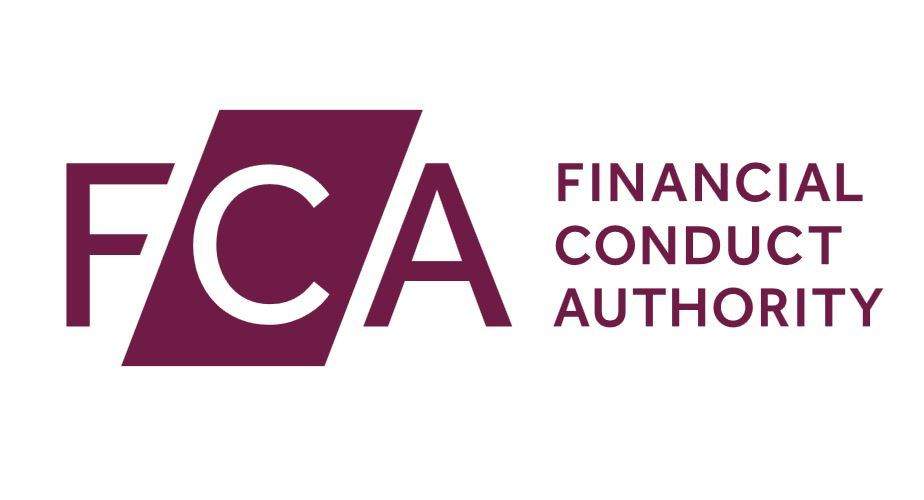
The Financial Conduct Authority (FCA) has singled out commission models as a concern that could lead to market intervention, as part of its long awaited report into the motor finance sector.
The FCA found that Increasing Difference In Charges (DiC) and Reducing DiC commission arrangements can provide strong incentives for brokers to arrange finance at higher interest rates. This is because the amount of commission increases with the interest rate that the consumer is charged. In these cases, the broker has discretion to set the interest rate payable by the customer, within parameters set by the lender.
The FCA found that other commission structures provide a weaker link to the interest rate or none at all.
The FCA is assessing the options for intervening in the market which would address the supposed harm it has identified. This could include strengthening existing FCA rules or other steps such as banning certain types of commission model or limiting broker discretion.
According to the FCA, a 1% increase in broker earnings is associated with a 1.3% increase in customer interest costs under the Reducing DiC model.
On the basis of these calculations, for a typical motor finance agreement of £10,000, increasing commission under a reducing DiC structure typically associated with an increase in interest costs of around £1,100 over the four-year term of the agreement or an increase of 50% in interest costs.
How well do you really know your competitors?
Access the most comprehensive Company Profiles on the market, powered by GlobalData. Save hours of research. Gain competitive edge.

Thank you!
Your download email will arrive shortly
Not ready to buy yet? Download a free sample
We are confident about the unique quality of our Company Profiles. However, we want you to make the most beneficial decision for your business, so we offer a free sample that you can download by submitting the below form
By GlobalDataFCA statement and industry response
Jonathan Davidson, executive director of supervision for retail and authorisations at the FCA, said: ”We found that some motor dealers are overcharging unsuspecting customers over a thousand pounds in interest charges in order to obtain bigger commission payouts for themselves. We estimate this could be costing consumers £300m annually. This is unacceptable and we will act to address harm caused by this business model.
”We also have concerns that firms may be failing to meet their existing obligations in relation to pre-contract disclosure and explanations, and affordability assessments. This is simply not good enough and we expect firms to review their operations to address our concerns.”
The long-awaited report follows the announcement that the FCA would conduct an investigation into the sector in 2017. It issued an update in March 2018, which identified conflicts in commission arrangements as a key concern.
Adrian Dally, head of motor finance at the Finance and Leasing Association (FLA), said: “We welcome the FCA’s recognition of the work done by motor finance lenders to provide training for motor dealers, and the positive impact this has had in meeting customer needs.”
“Regarding the FCA’s concerns about commission structures, their survey work is based largely on out-of-date information, and therefore does not reflect the very considerable progress the market has already made in moving away from such structures. We look forward to working with the FCA as it modernises its regulations in line with market best practice.”
Mystery shopping and pre-contract disclosure
The FCA also carried out mystery shopping of firms. It claims that where disclosures were given, these were not always complete, clear or easy to understand and as a result customers may not have been given enough information to enable informed decisions. The FCA was also not satisfied that all lenders were complying with the rules on assessing creditworthiness including affordability.
The FCA has stated an intention to follow up with individual firms where failures were identified but expects all firms, both lenders and brokers, to review their policies, procedures and controls to ensure they are complying with all relevant regulatory requirements.
In the full 28-page report, the FCA said: “The practical limitations of our mystery shopping exercise (we stopped short of finalising details or entering into a credit agreement) meant that we were unable to fully test all elements of pre-contract disclosure and explanations.
“Where these were not provided, or not provided in full, that may have been a reflection of the nature of the sales process, and we cannot rule out that compliant disclosures and explanations would have been provided subsequently.
“However, we found evidence that disclosures or explanations given during the initial
visit were often incomplete, and sometimes potentially misleading, raising doubts as to
compliance with relevant obligations.”







